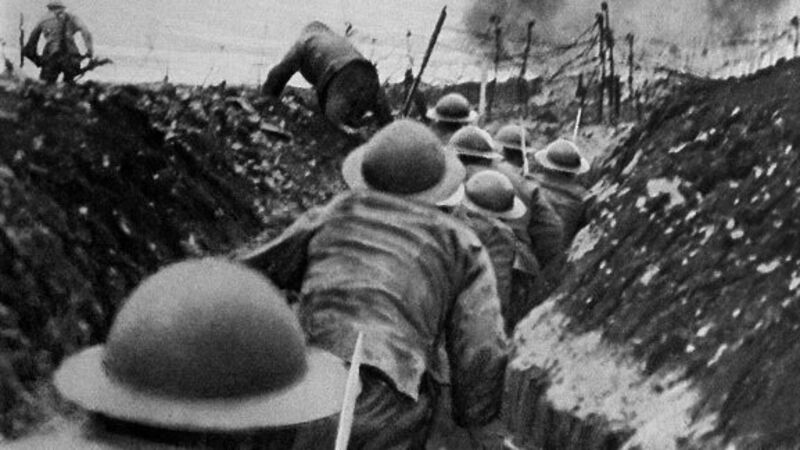First World War: Amiens -The start of the end

In war, all battles are bloody and, for the many in the wrong place at the wrong time, fatal.
In this one, perhaps limited context, then, the Battle of Amiens, remembered yesterday at the French city’s cathedral, was in no way unlike others in the four long years of the First World War.
















